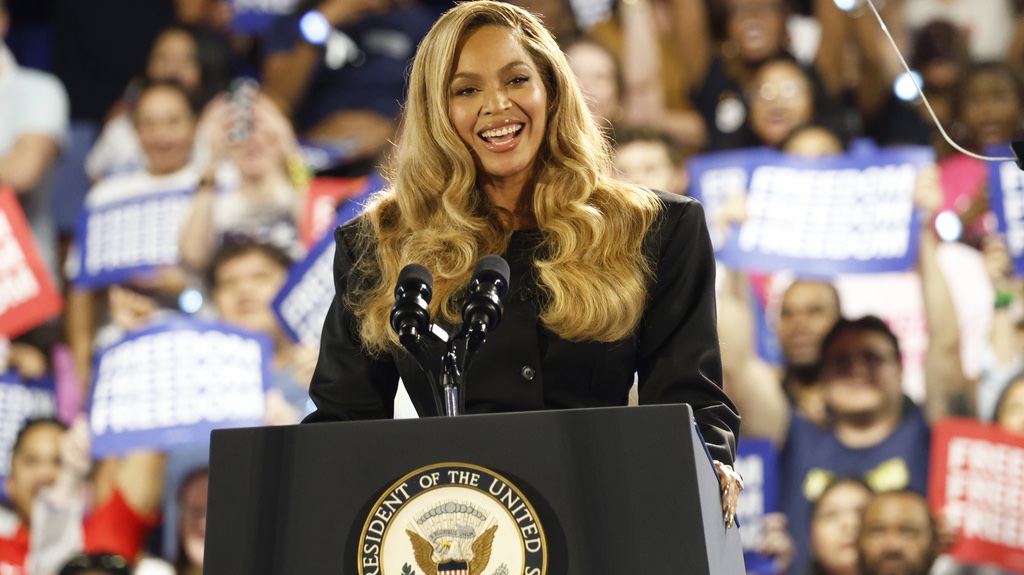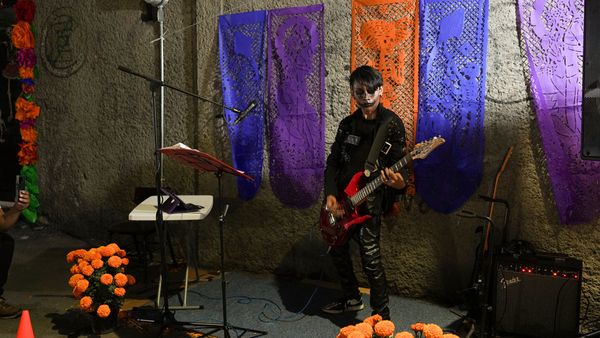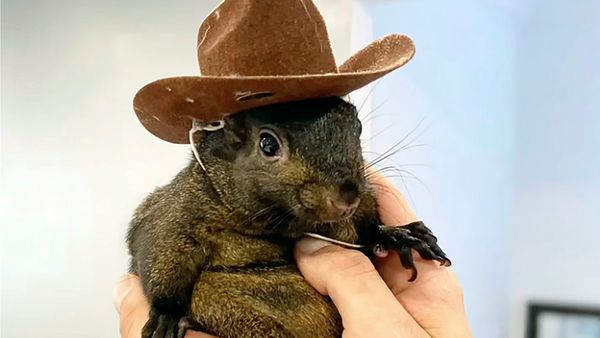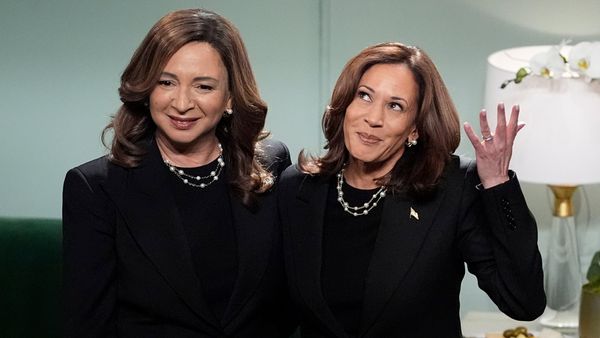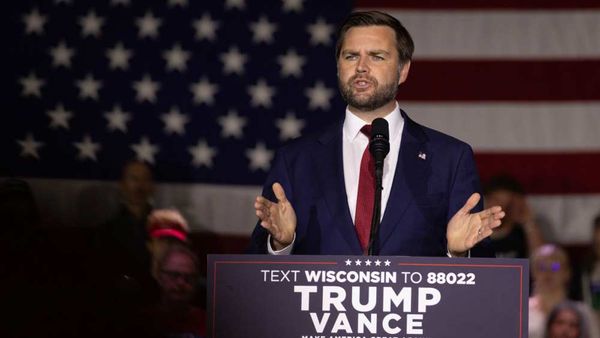
April 16, 2017
Lawmakers Across US Move to Include Young People in Voting
Sophia Bollag READ TIME: 4 MIN.
Donald Trump's characterization of Mexican immigrants as criminals and rapists during his presidential campaign angered Heidi Sainz, whose family is from Mexico and who has close friends who are immigrants. She was also upset that she couldn't do anything about it at the ballot box because she was a year shy of being able to vote.
Sainz favors a bill in the California Legislature that would lower the voting age to 17, which she thinks would give a voice to more people affected by the outcome of elections.
"Looking at all the protests throughout this year throughout all the high schools across the nation, we could see a lot of the minors were protesting because they felt as if they didn't have a voice," said Sainz, a senior at Inderkum High School in Sacramento.
Lawmakers in more than a dozen states are trying to increase voter participation by targeting young people. Their bills are among nearly 500 pieces of legislation introduced around the country this year to make voting easier, according to a March analysis by New York University's Brennan Center for Justice.
While Republican-leaning states have moved to tighten voting rules - nearly 90 such bills have been introduced - those efforts have been outstripped by the number of bills seeking to expand access to the polls.
"A lot of young people last year wanted to make their voices heard but were unable to do so because the rules prohibited them," said Jonathan Brater, counsel with the nonpartisan Brennan Center Democracy Program.
"That has certainly renewed interest in making the system more accessible," Brater said.
Democrats and Republicans have supported efforts to expand access, particularly online registration. But it's mostly Republicans who are pushing restrictions such as requiring photo identification at the polls.
Roughly 20 states are considering voter ID laws this year that supporters say prevent fraud and boost public confidence in elections. Critics say such laws target minorities and the poor, who might not have driver's licenses and find it difficult to obtain them.
Recent voting expansion efforts include automatic registration and extending absentee voting opportunities.
Republicans control the governorship and legislature in 25 states and so far have been relatively successful in pushing through the more restrictive laws. Democrats control just a half-dozen states.
In California, where Democrats command a supermajority in the Legislature and control the governor's mansion, lawmakers say they want to take the lead in expanding voting access as other states move to restrict it.
The bill to lower the voting age to 17 proposes an amendment to the state Constitution. Passage would require a two-thirds vote in the Legislature and approval by voters.
Assemblyman Evan Low, the bill's author, believes now is a good time to lower the voting age. Britain's vote to leave the European Union and the ouster of South Korea's president have shown people the importance of voting and holding public servants accountable, Low said.
The Silicon Valley Democrat also pointed to the election of Trump, whom Low and his Democratic colleagues routinely censure.
"We've realized that democracy is relatively fragile," Low said.
Lowering the voting age could help foster a sense of civic duty before teens move away from home to attend college or start a job and become less motivated to vote, he added.
Tyler Christensen, one of Sainz's classmates at Inderkum High School, said he's torn on the issue.
"I liked the idea when I was 17," said Christensen, who turned 18 in February. "But now that it doesn't matter for me anymore, I feel like a lot of people are still too immature."
Sen. Joel Anderson, a Republican from the San Diego area, said he supports encouraging young people to vote but opposes some approaches pushed by Democrats.
He voted against a 2014 bill that legalized preregistration of 16- and 17-year-olds because he worried it would make voter rolls less accurate and lead to voter fraud. He thinks Low's proposed amendment to lower the voting age is simply an effort to get more Democratic votes.
"Every poll that I've seen says that young people tend toward voting for Democrats, so I believe that it's self-serving," he said. "It can't just be about gaming elections for your own support."
In Iowa, two Republicans introduced bills this year to expand teen voting. One bill would have allowed 17-year-olds to vote in primaries if they turned 18 by the general election. The other would have allowed Iowans to preregister to vote when they turn 16. Both bills stalled, but the primary voting provision has since been added to a voter ID bill advancing through the Legislature.
The same reforms were proposed by Democrats in Minnesota, but they have since stalled in the Republican-controlled state Senate. Jack Joa, a high school student who suggested letting 17-year-olds vote in primaries, said he was preregistered but was turned away at his polling place during Minnesota's August primary because he was not yet 18.
Joa said he spent hours a day for months researching policies in other states and studies on teen voter participation before he took his proposal to lawmakers. Joa is a Democrat but has worked on multiple campaigns for Republicans and Democrats in the state Legislature, as well as the Democratic presidential campaigns of Hillary Clinton and Bernie Sanders.
"I felt that the people that turned 18 by the general but weren't able to vote in the primary would feel disenfranchised," he said.
The Nevada Legislature is also considering letting 17-year-olds preregister to vote.
"Early pre-registration is one way of getting youth and teens more engaged in the civics process early on," said state Senate Majority Leader Aaron Ford, a Las Vegas Democrat who proposed the bill.
Nevada Gov. Brian Sandoval, a Republican, declined to comment on the measure.
He has previously vetoed proposals to establish same-day voting registration and automatic registration through the Department of Motor Vehicles.
